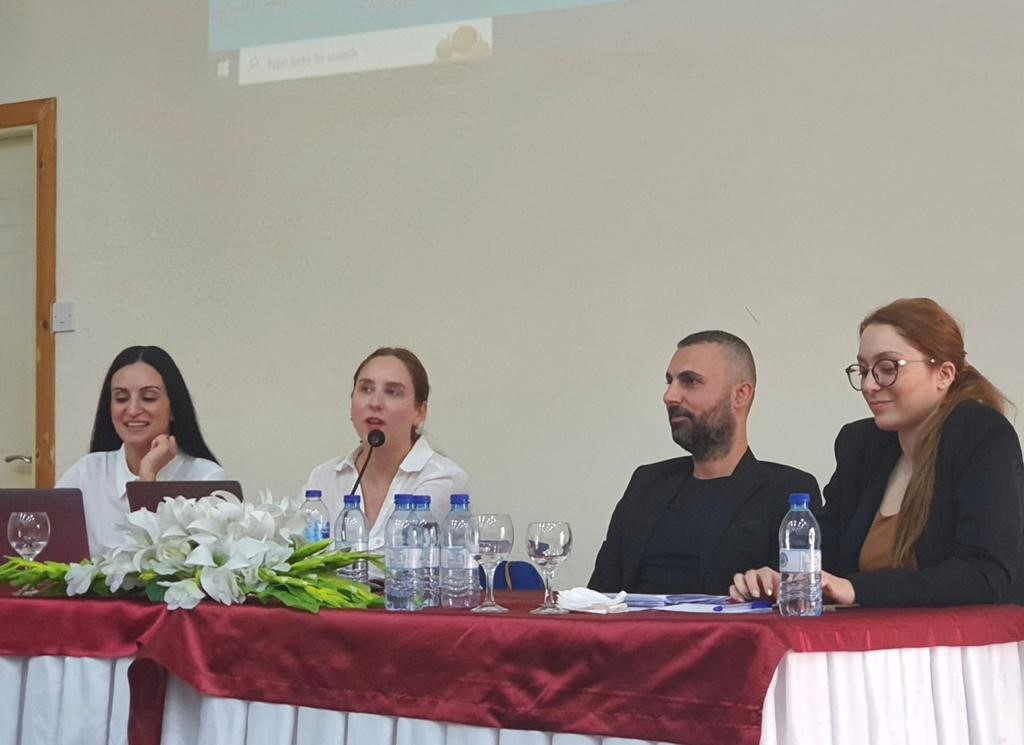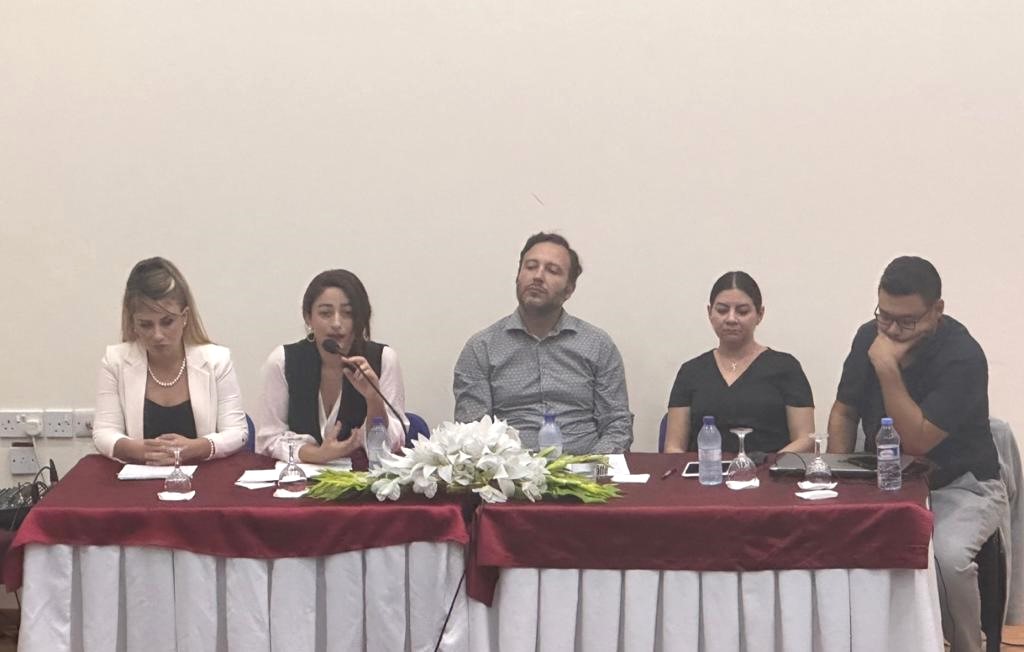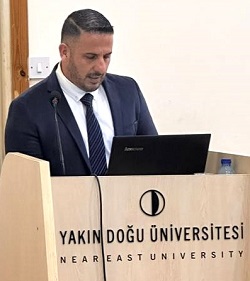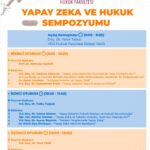
The legal responsibility of artificial intelligence, which has a growing place in our lives day by day, and its effects on law, was discussed at the “Artificial Intelligence and Law Symposium” organized by the Faculty of Law at Near East University, where artificial intelligence-based academician AI Prof. DUX started to give lectures in the new education period.
Artificial intelligence, whose place in our lives is increasing day by day with the developing technology, is becoming a normal part of daily life. With the progress made, it seems inevitable that artificial intelligence will become a part of the social order in the near future. Although it is not possible to deny the positive effects of this development on human life, creating the legal infrastructure for the use of artificial intelligence is becoming one of the most important agendas.
How artificial intelligence can be used in the field of law is an important agenda. On the other hand, the legal consequences of artificial intelligence’s actions are another important issue that needs to be discussed. Near East University Faculty of Law discussed the answers to exactly these questions with the “Artificial Intelligence and Law Symposium” it organized.
Artificial intelligence-based academic AI Prof. DUX developed by the Near East University Artificial Intelligence and Robotics Institute also gave the opening lecture of the 2023-2024 academic year, where he also gave the opening lecture of DUX, and started teaching at Near East University as an academician for the first time in the world outside the USA. Thus, there could not be a better address than Near East University to discuss the effects of artificial intelligence on the legal system.

The effects of Artificial Intelligence in many areas of law were evaluated
The “Artificial Intelligence and Law Symposium”, organized by the Near East University Faculty of Law and held with intense participation, was completed in three sessions. In the first session, the possible answers to question “Is Universal Law Possible in the Field of Artificial Intelligence?” were discussed. While addressing the question, the effects of artificial intelligence in the fields of Constitutional Law and Administrative Law were evaluated. In the second session, the effects of artificial intelligence in the field of private law were discussed and the advantages and disadvantages of using artificial intelligence as a judge were discussed. In the last session, the effects of artificial intelligence on human rights, artificial intelligence-supported autonomous weapon systems and criminal liability of artificial intelligence were discussed.

Assoc. Prof. Dr. Yeter Tabur: “It should be taken into consideration that artificial intelligence can reduce time loss and save time, especially for lawyers, in complex situations.”
Emphasizing that the role of artificial intelligence in legal processes and how its criminal liability will be determined should be discussed without delay, Near East University Faculty of Law Deputy Dean Assoc. Prof. Dr. Yeter Tabur said, “It would be a big mistake to treat artificial intelligence as just a technological development. “Artificial intelligence studies are not limited to computer science alone, on the contrary, these studies should include social science fields such as law, psychology and international relations.”
Reminding that artificial intelligence is now encountered in every aspect of life, Assoc. Prof. Dr. Tabur said, “How artificial intelligence will be used in the field of law and how the framework of criminal liability will be determined are the most urgent questions that need to be answered.” Assoc. Prof. Dr. Yeter Tabur said, “Although the use of artificial intelligence judges and lawyers in the future is seen as just a utopia for now, it may come to life in the not too distant future. On the other hand, the supports of artificial intelligence, which can reduce the time loss of lawyers especially in complex situations, should also be taken into consideration.”
“We transform our students into versatile lawyers by providing them with different perspectives by closely following all the developments and agendas that will affect the field of law,” said Assoc. Prof. Dr. Tabur, and added; “The intense interest shown by our students to the ‘Artificial Intelligence and Law Symposium’ that we organized shows that this issue, which was discussed for the first time in the TRNC, will appear much more strongly in the coming period.”


